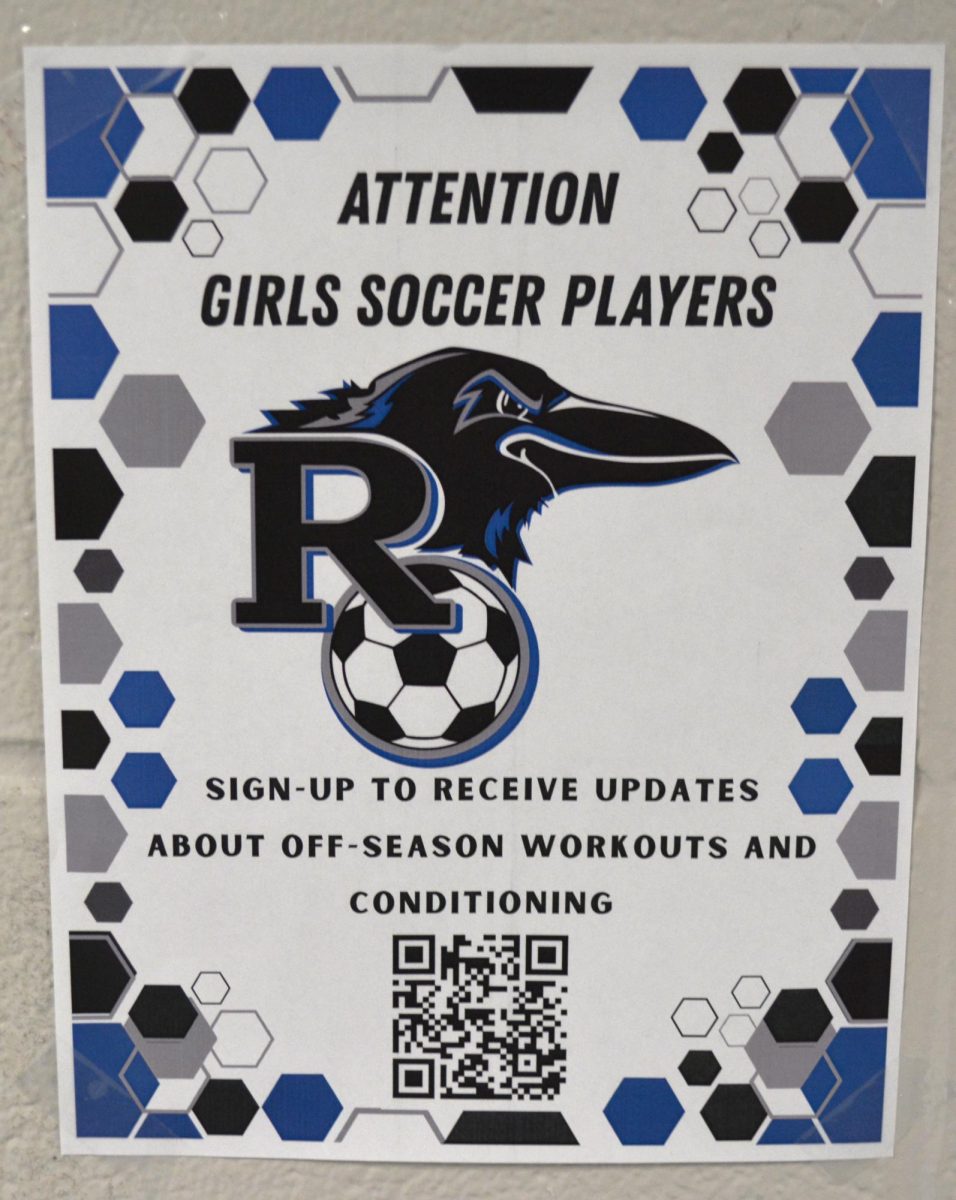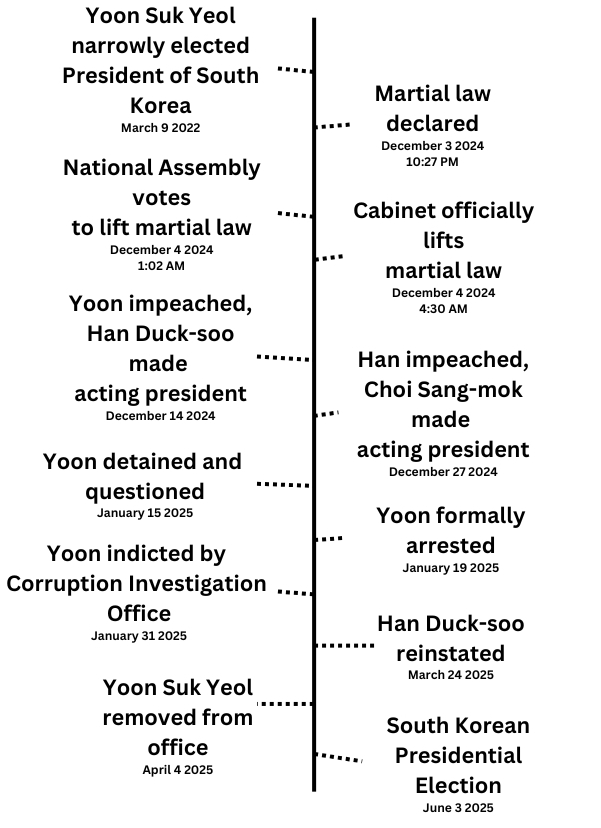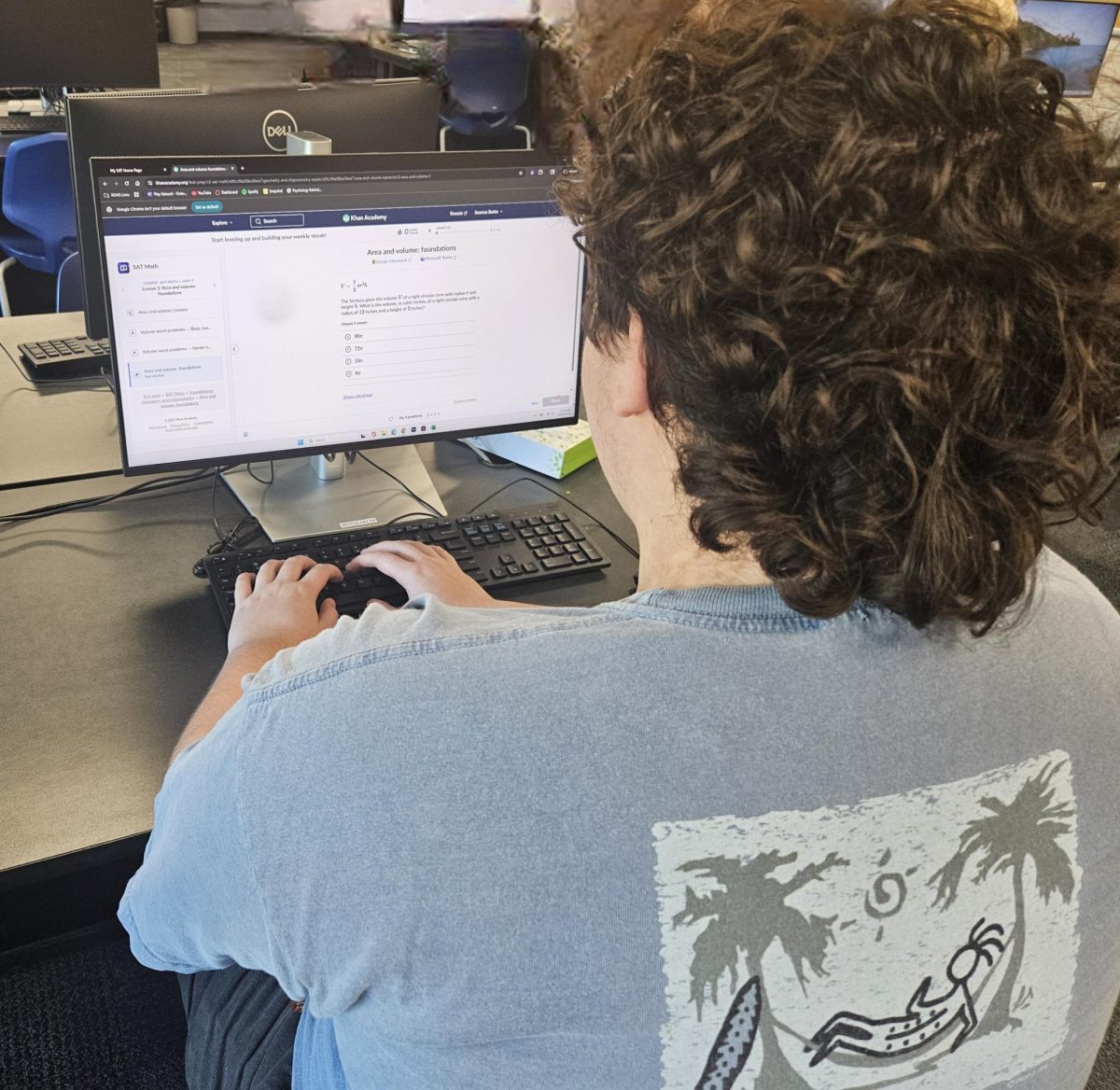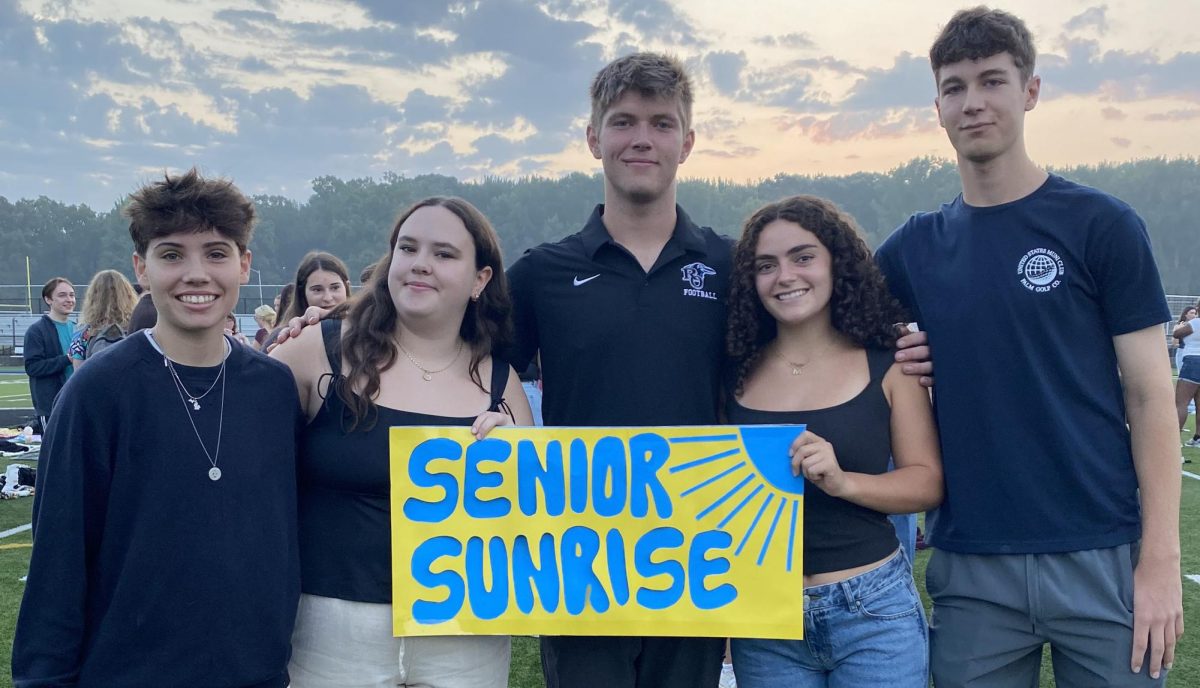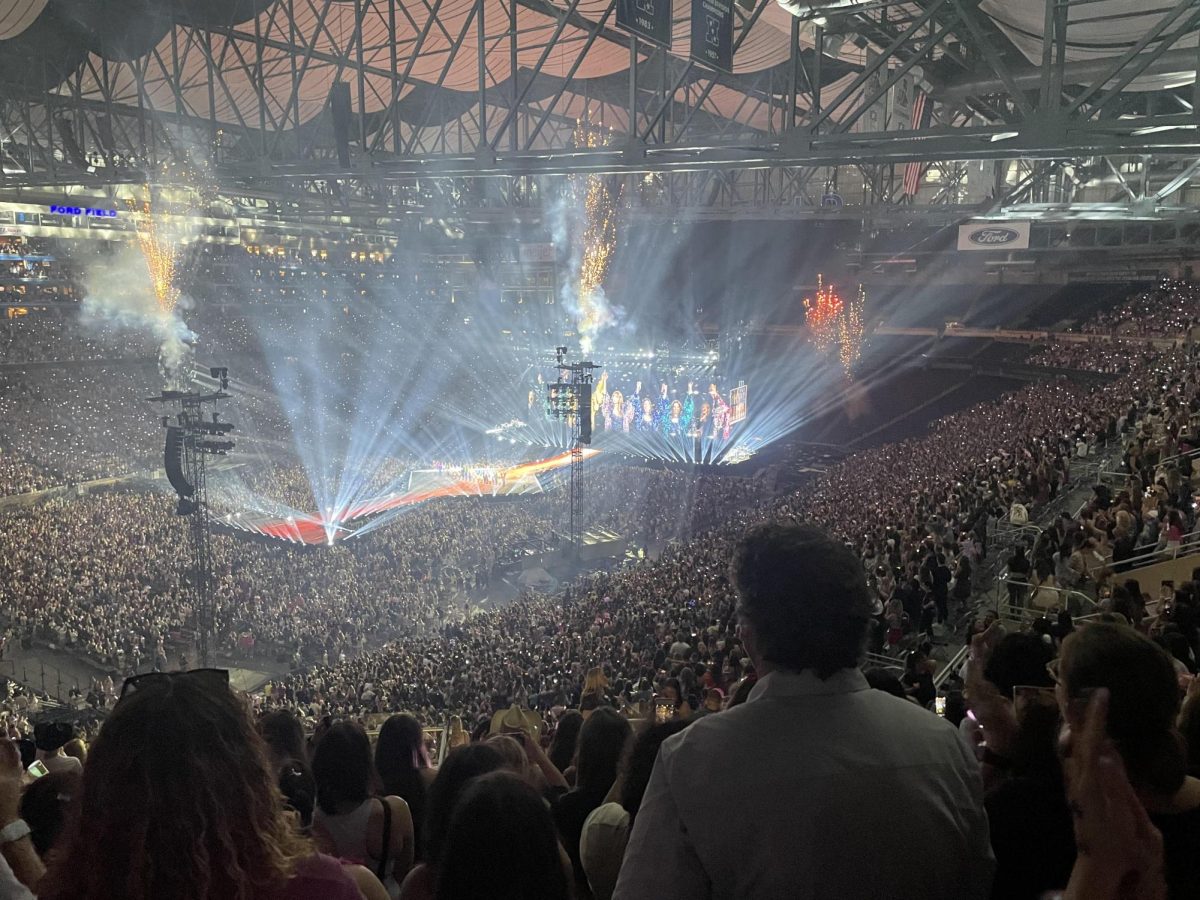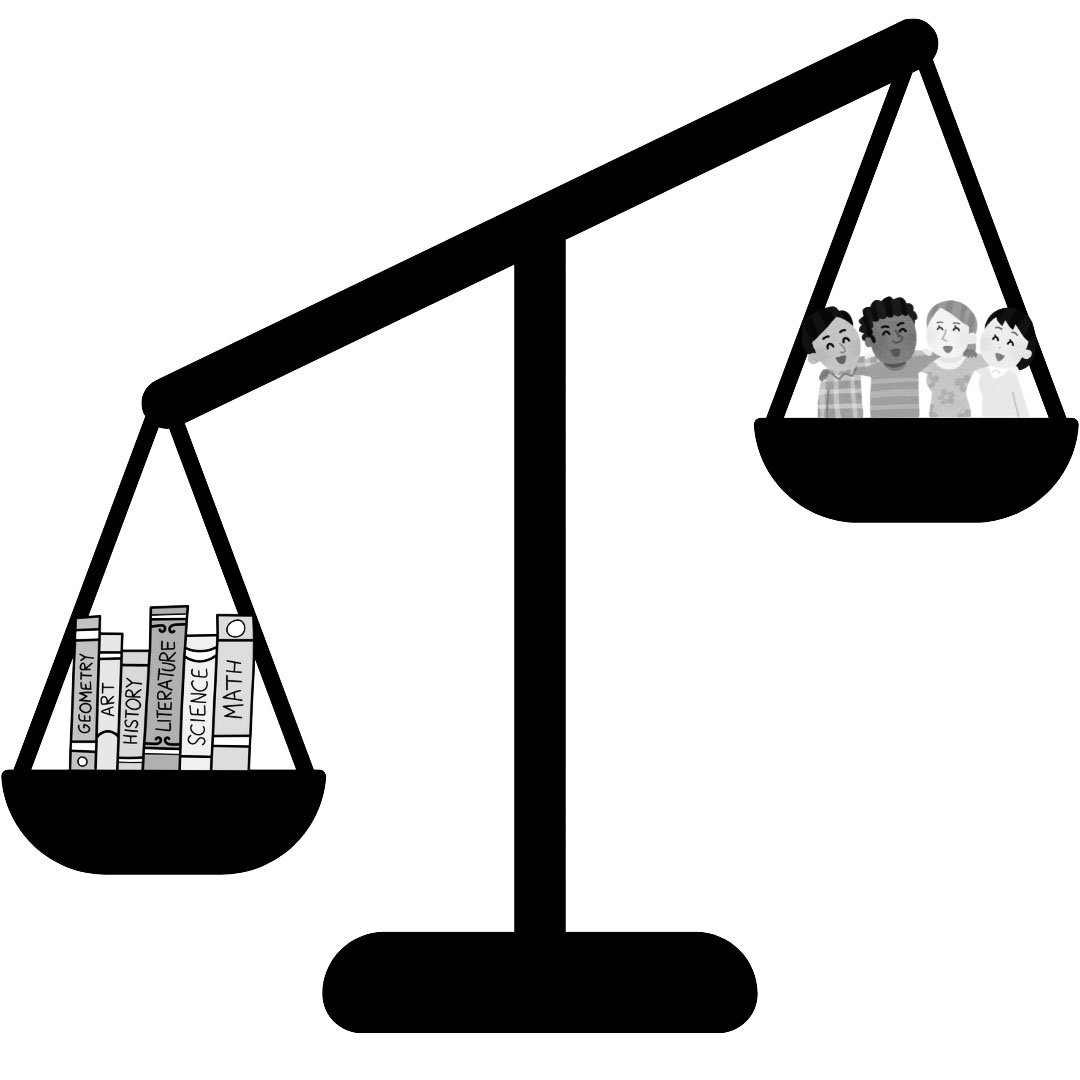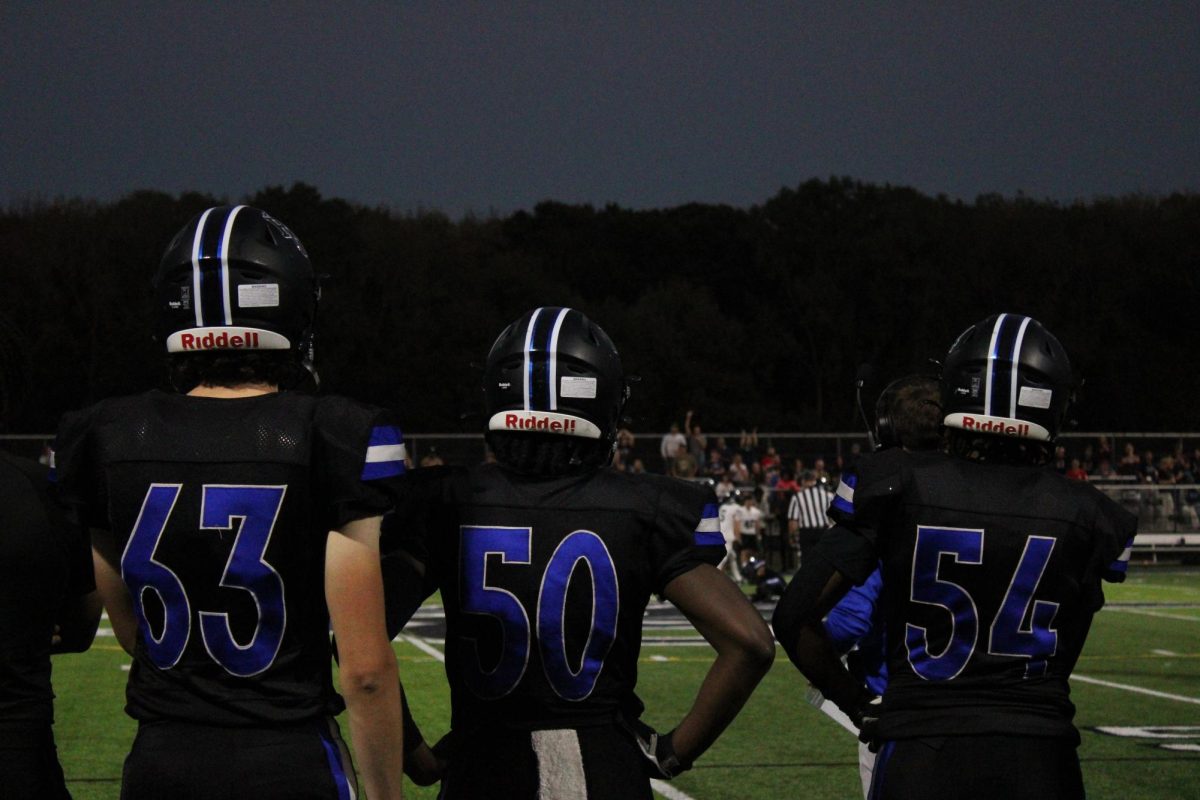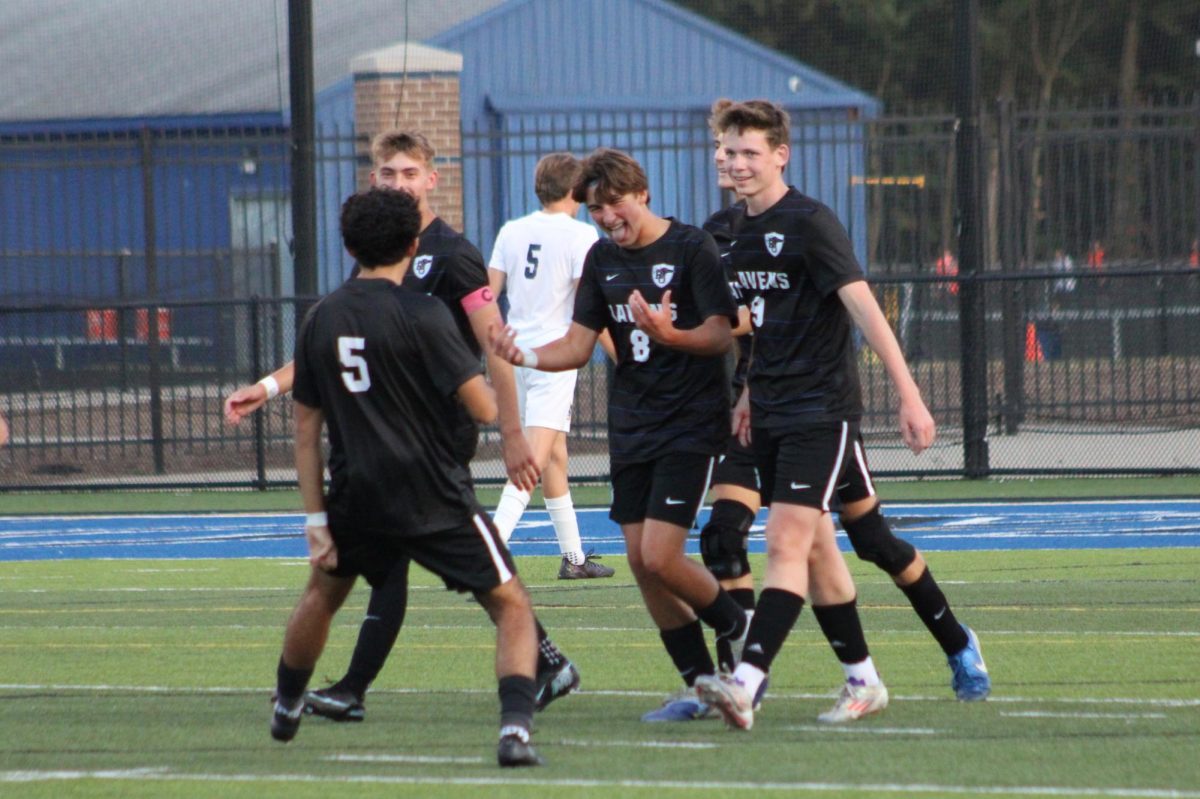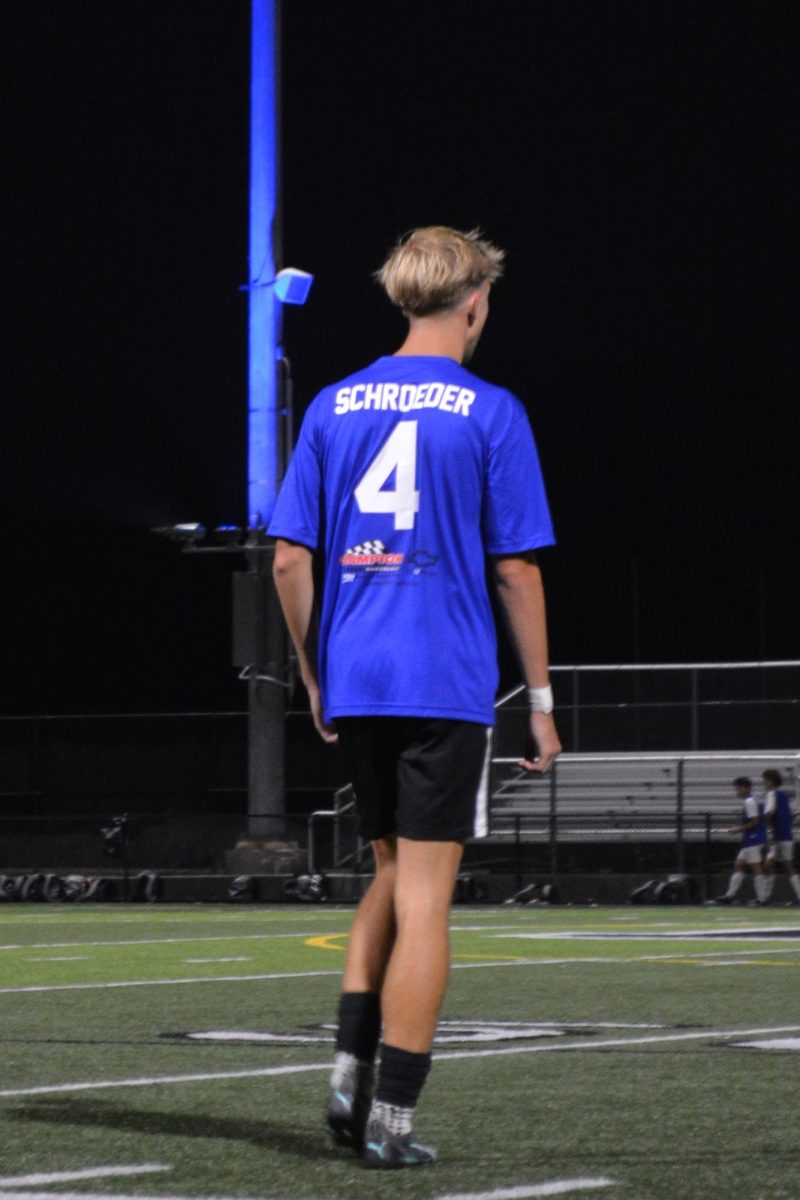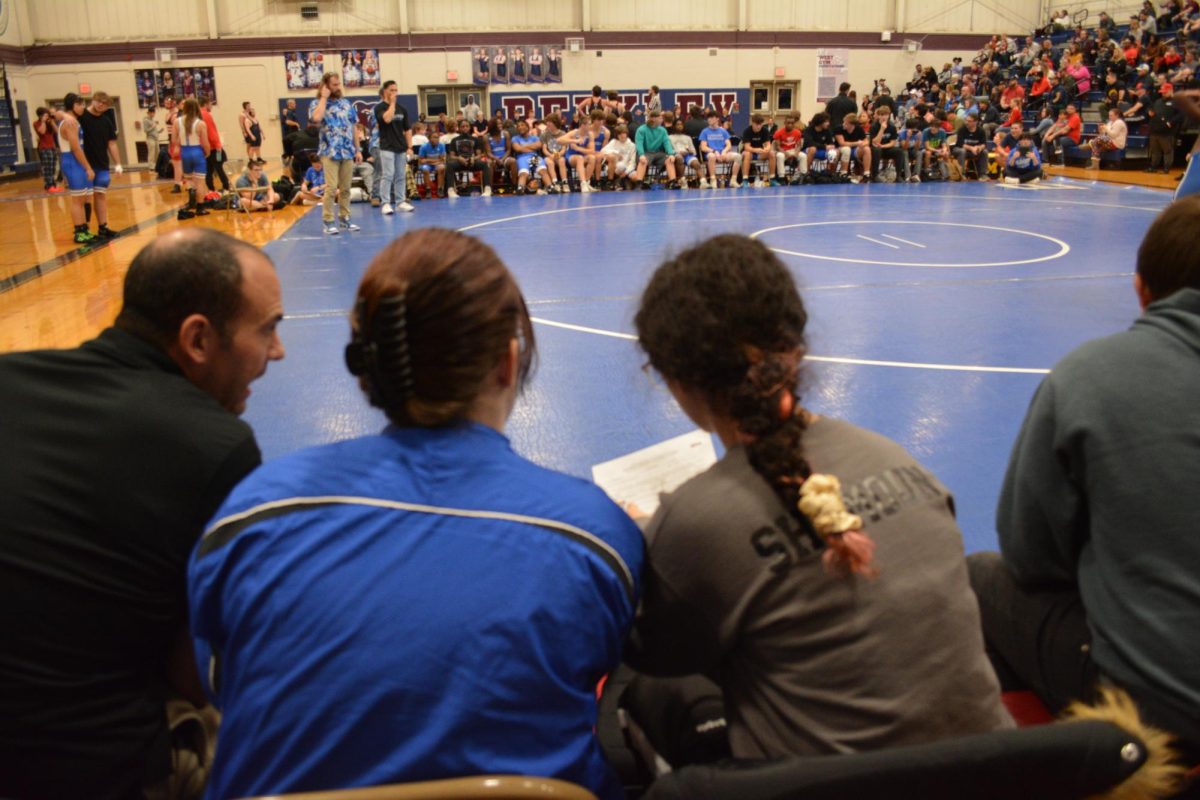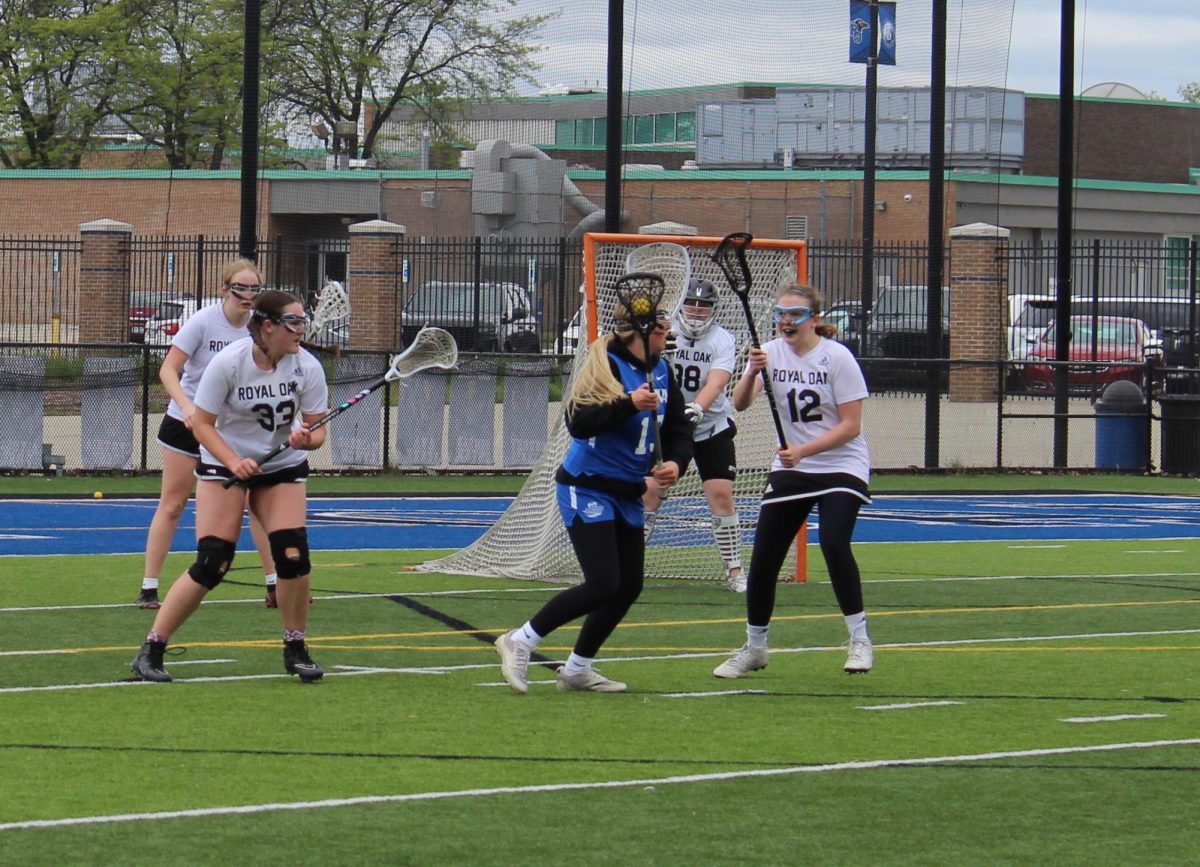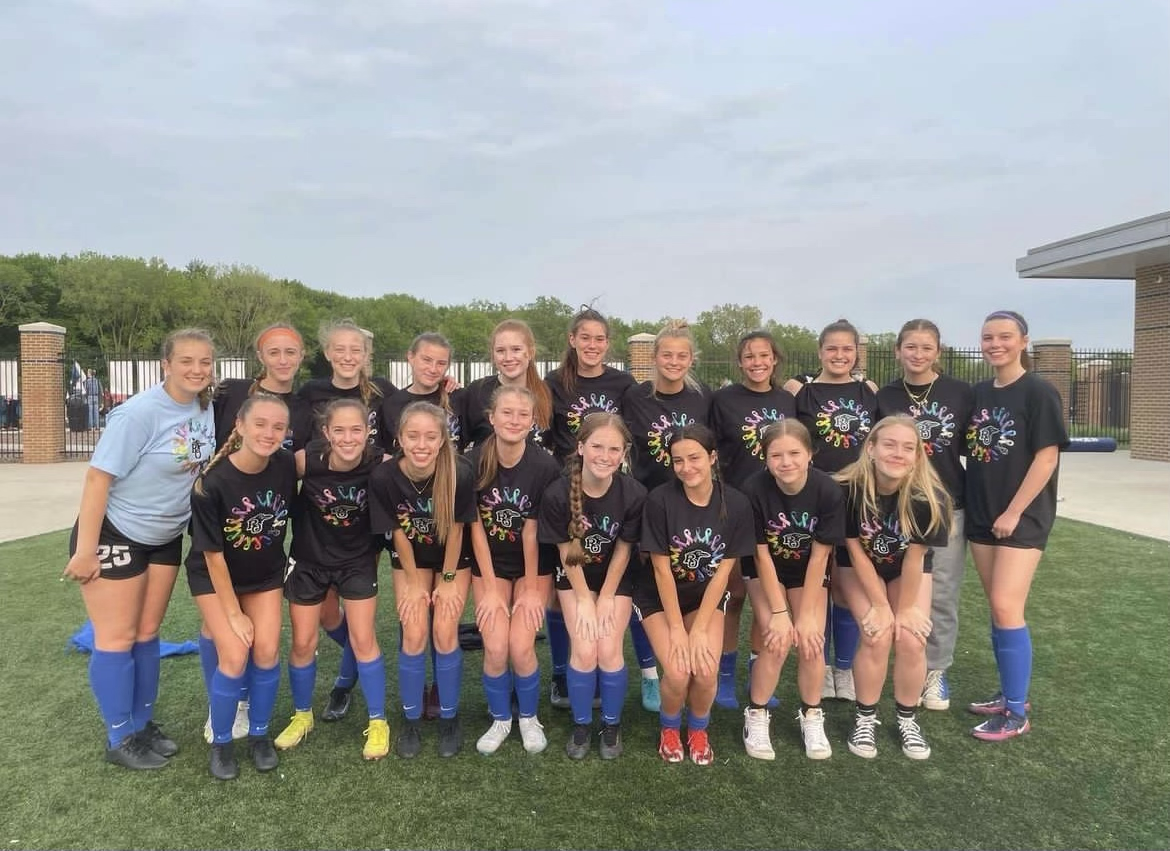Imagine watching your favorite show on television, or pulling up social media to see the latest trends. Then suddenly, you get a bunch of pop-up advertisements about the 2024 Presidential Election. Not once, not twice, and maybe not even three times, but more.
It honestly feels annoying.
Registering to vote and sharing your voice is very important. By registering your vote, you are utilizing your given right in the United States, and contributing to our country’s safety and belief
system. But the constant reminders, the spread of misinformation, candidates bashing each other, and repetitive pleading for one side or the other, can be quite overwhelming. It puts pressure on anyone subjected to these ads — even minors who can’t vote.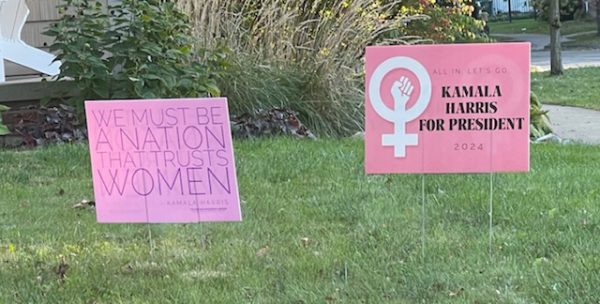
As someone under eighteen, I find the harassment of voting advertisements to be over-the-top and annoying. It causes me to wonder: What is the ultimate goal of these voting advertisements?
Are the advertisers aware that minors are viewing these harsh advertisements? If the goal is to encourage minors to vote and be properly educated in our society, that isn’t how it’s coming across. The overall message of convincing people to vote one day is essentially lost in the overwhelming number of advertisements, which is irritating. Minors are witnessing harmful information that shouldn’t be discussed until a certain age, when they can understand it from a mature perspective.
After school, I usually give my mind a rest from all of the learning and work I did for the day by watching some of my favorite influencers or YouTubers. These influencers or YouTubers have nothing to do with politics or anything related to our government, yet every time I click on a video, I always see an ad that bashes a presidential candidate or an ad that begs people to simply vote, explaining how important voting is to our country. Voting IS important, but again, that message is eclipsed by negativity.
What’s most concerning is how children could be affected by this harassment. Not everyone knows the difference between right and wrong, especially impressionable children who may
not know whether information online is true or false, or the logic behind that information.
Not only are younger individuals easily influenced, but many young kids could have a skewed perception of voting in our society due to what they’re taking in from these advertisements. If a kid borrows a parent or guardian’s device to watch a video and sees threats or misinformation in these harassing advertisements, it can cause worry, not only for the kid, but the parents as well. This in turn can prompt parents to question how much they can trust certain apps for their children.
 One might argue that the sooner one learns about how our voting system works and our country’s way of advertising voting is beneficial provides more knowledge at an early age. But how early is too early? Do kids really have their brains fully developed to handle such arguments? The answer is no.
One might argue that the sooner one learns about how our voting system works and our country’s way of advertising voting is beneficial provides more knowledge at an early age. But how early is too early? Do kids really have their brains fully developed to handle such arguments? The answer is no.
Every person grows up eventually and moves into adulthood, but the information you are given as a kid can impact values, beliefs, and personality as a person ages. Because of some of the unsound logic that has been spread and is currently spreading, it can easily lead to a negative outlook on voting and perhaps a lack of voting in general when kids eventually become of age to vote.
Recent advertisements for the election in the United States were overwhelming and harassing to many people, especially minors who can’t vote in the first place. Spreading the word about voting and learning more about government is extremely important, and should be taught in schools. But when I encounter ads on every single video I click on, that’s called harassment, and it’s not fair to anyone.
I am concerned about how our voting advertisements are affecting younger audiences, and how this may impact their views in the future when they are eventually eligible to vote. I would like to see more representation of multiple candidates running for office. Instead of one-sided arguments and perspectives of a certain individual, I would like to see both parties represented in the sense that the audience can choose what side they tend to lean on. Instead of candidates bashing each other, their actions should speak for themselves. Convincing minors to lean toward one side over the other through misinformation and distrust can skew the popular vote and the election itself. Ensuring that children know that voting is a way to use your voice in the United States, is different than harassing minors on social media every day. Even if it isn’t on purpose, subjecting minors to misinformation is very risky, especially since many minors are not always able to decipher factual from fictitious sources.
Categories:
Presidential Voting Advertisements
How minors are being
affected
Lilly Morris, Reporter
November 8, 2024
0
More to Discover
About the Contributor

Lilly Morris, Reporter
Hey! My name is Lilly Morris. I am a junior at ROHS. This is my first year in ACORN and I’m super excited to be apart of this year. I’m apart of ACAP choir and will be joining the bowling team this year. Outside of school I love to sing, bake, and hang out with my friends! I also love watching Netflix and Disney + on TV! I can’t wait to see how this year goes.

